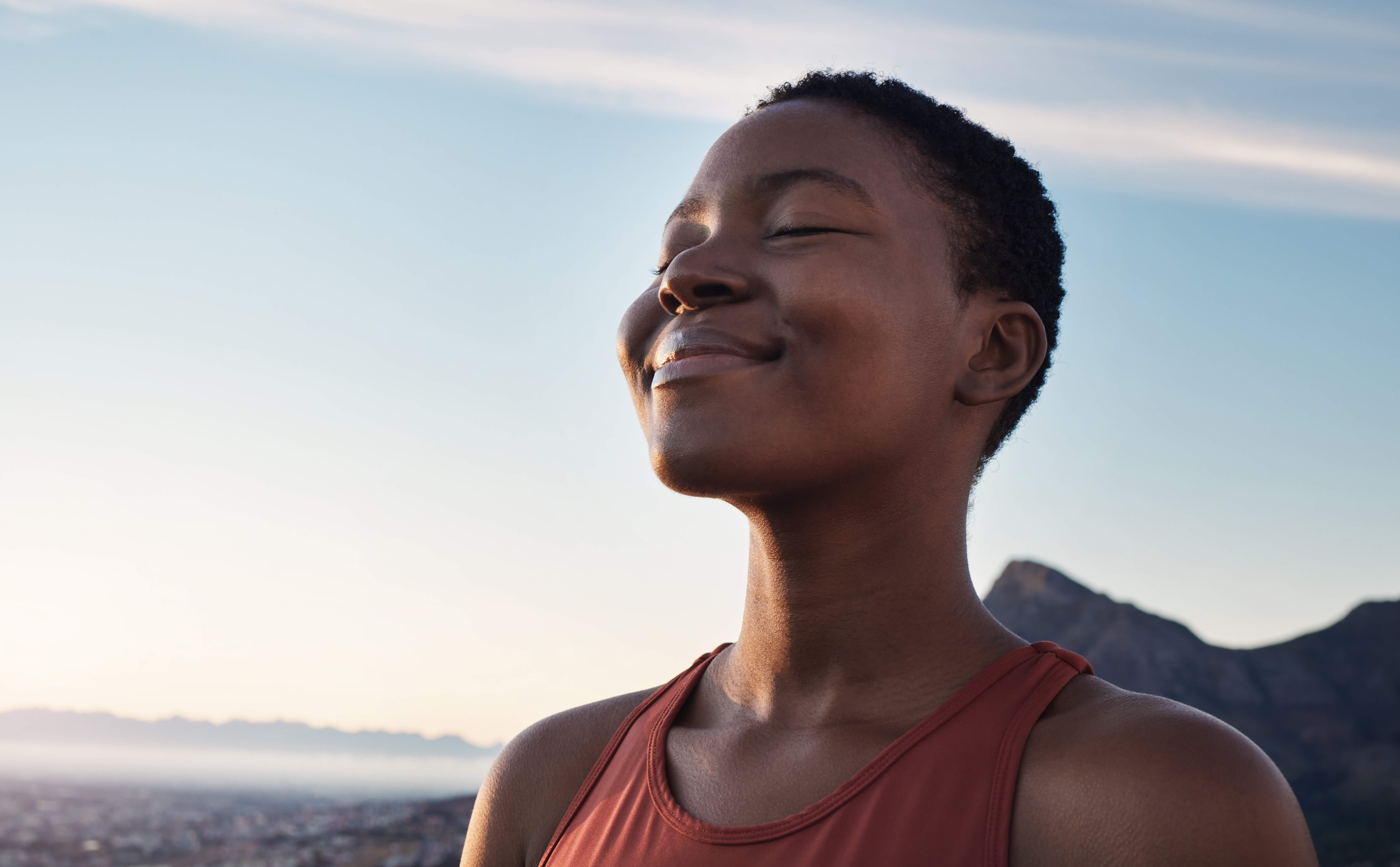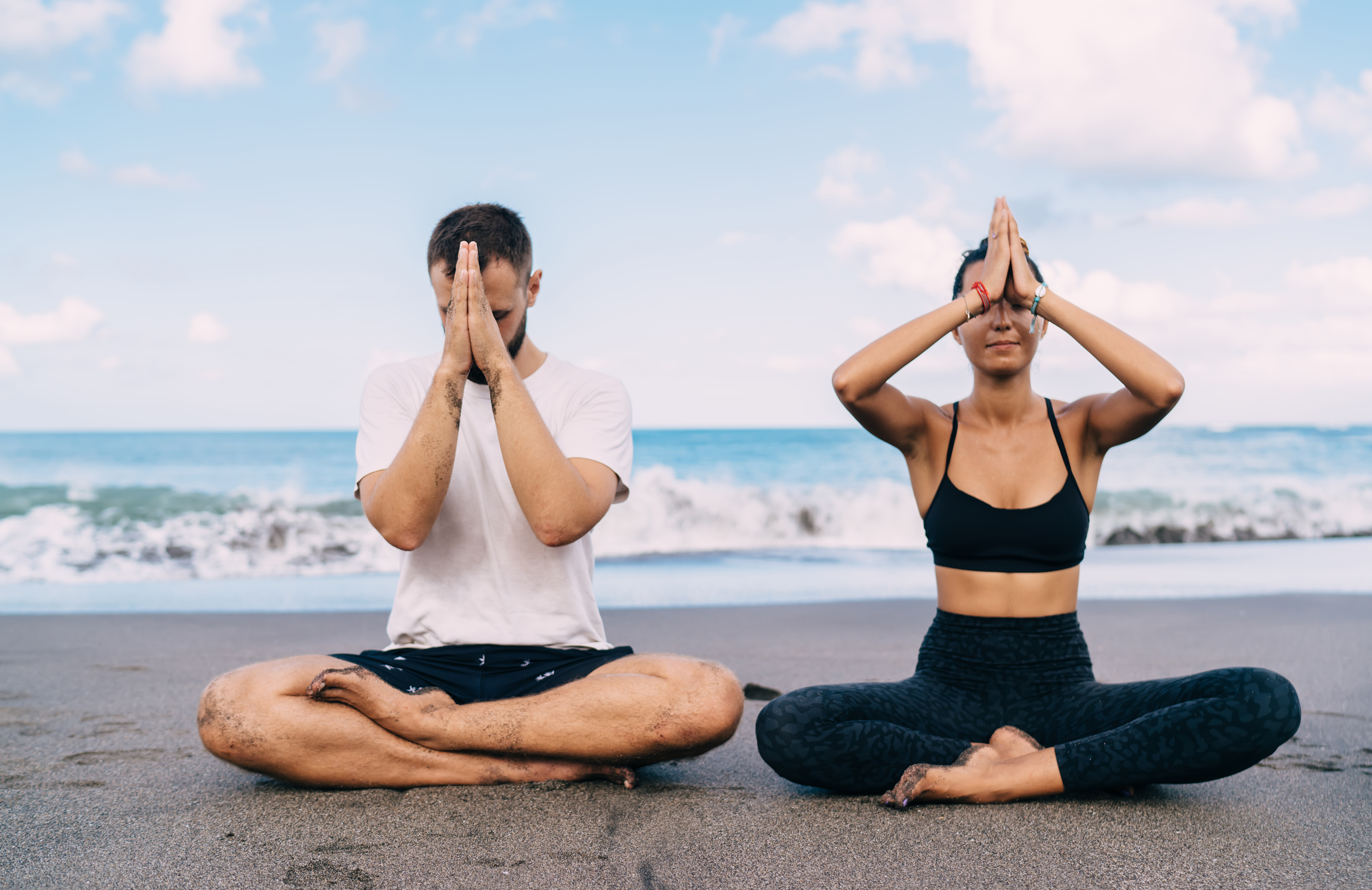Beyond Meditation: 9 Science-Backed 'Micro-Practices' to De-Stress Your Day
In our fast-paced world, stress has become an unavoidable part of daily life. While traditional meditation has long been heralded as a powerful tool for stress reduction, not everyone finds it accessible or effective in their busy schedules. Enter the concept of "micro-practices"—small, science-backed activities that can be seamlessly integrated into your day to help manage stress. These practices are designed to be quick, effective, and easy to implement, offering a practical alternative or complement to meditation. This article delves into nine specific micro-practices, each supported by scientific research, that can transform the way you navigate stress.
The Power of Deep Breathing

Deep breathing is a cornerstone of many relaxation techniques, and for good reason. This simple practice involves taking slow, deep breaths to activate the body's parasympathetic nervous system, which helps reduce stress and promote calmness. Research shows that even a few minutes of deep breathing can lower cortisol levels, a hormone associated with stress. By focusing on your breath, you can create a moment of mindfulness, helping to break the cycle of anxious thoughts. Incorporating deep breathing into your daily routine can be as simple as taking a few moments to breathe deeply before starting a task or when you feel stress mounting.
The Art of Progressive Muscle Relaxation

Progressive muscle relaxation (PMR) is a technique that involves tensing and then slowly releasing different muscle groups in the body. This practice not only helps reduce physical tension but also promotes mental relaxation. Studies have shown that PMR can significantly decrease anxiety and improve overall well-being. By focusing on the sensations of tension and relaxation, individuals can become more attuned to their body's stress signals and learn to release tension more effectively. This practice can be easily integrated into your day, whether at your desk or before bed, offering a quick way to relieve stress.
